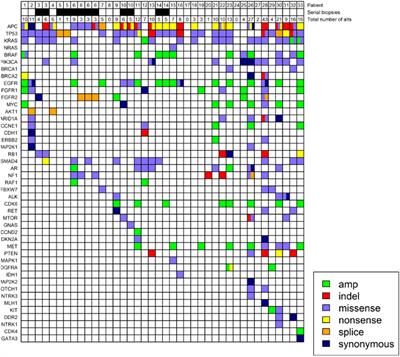ORIGINAL RESEARCH
Published on 17 Dec 2019
Telomere Length of Circulating Cell-Free DNA and Gastric Cancer in a Chinese Population at High-Risk

doi 10.3389/fonc.2019.01434
- 2,795 views
- 9 citations
24k
Total downloads
96k
Total views and downloads
You will be redirected to our submission process.
ORIGINAL RESEARCH
Published on 17 Dec 2019

REVIEW
Published on 24 Sep 2019

CASE REPORT
Published on 06 Aug 2019

ORIGINAL RESEARCH
Published on 12 Jul 2019

PERSPECTIVE
Published on 08 May 2019

ORIGINAL RESEARCH
Published on 04 Apr 2019

CASE REPORT
Published on 22 Mar 2019

ORIGINAL RESEARCH
Published on 14 Mar 2019

CASE REPORT
Published on 06 Feb 2019

ORIGINAL RESEARCH
Published on 17 Jan 2019

REVIEW
Published on 11 Dec 2018

BRIEF RESEARCH REPORT
Published on 01 Nov 2018

